3 Signs That Your Car Needs Our Engine Tune-Up Service
Introduction
Overview of Vidal Auto Service
Vidal Auto Service in Columbia Heights, MN, is a trusted name in automotive care. With years of experience and a team of skilled mechanics, we specialize in providing top-notch engine tune-up services that keep your vehicle running smoothly. Our commitment to customer satisfaction and high-quality service has made us a go-to choice for many car owners in the region.
Importance of Regular Engine Tune-Ups
Regular engine tune-ups are crucial for maintaining the health and performance of your vehicle. They help identify potential issues before they become major problems, ensure your car runs efficiently, and extend the lifespan of your engine. Ignoring the need for a tune-up can lead to decreased performance, higher fuel consumption, and costly repairs down the line.
Purpose of the Article
This article aims to educate car owners about the signs that indicate the need for an engine tune-up. By understanding these signs, you can take proactive steps to maintain your vehicle’s performance and avoid unexpected breakdowns. Vidal Auto Service is here to help you recognize these signs and provide the necessary services to keep your car in top condition.
What is an Engine Tune-Up?
Definition and Components
An engine tune-up is a series of maintenance tasks designed to ensure your engine is running at its best. It typically includes replacing spark plugs, inspecting and replacing air filters, checking and adjusting the timing, and inspecting the fuel system. The goal is to optimize the engine’s performance, improve fuel efficiency, and reduce emissions.
Benefits of Regular Tune-Ups
Regular engine tune-ups offer numerous benefits, including:
- Improved Fuel Efficiency: Ensures your engine is running efficiently, reducing fuel consumption.
- Enhanced Performance: Keeps your engine components in optimal condition, resulting in smoother and more reliable performance.
- Reduced Emissions: Helps your vehicle meet environmental standards by maintaining proper combustion.
- Extended Engine Life: Regular maintenance prevents wear and tear, extending the lifespan of your engine.
Sign 1: Decreased Fuel Efficiency
Explanation of Fuel Efficiency
Fuel efficiency refers to how effectively your vehicle uses fuel to power the engine. It’s measured in miles per gallon (MPG) and is a key indicator of your car’s performance. High fuel efficiency means your engine is operating optimally, while low fuel efficiency indicates potential issues.
How Engine Performance Affects Fuel Consumption
Several factors can affect your engine’s fuel efficiency, including:
- Dirty Air Filters: Restrict airflow to the engine, causing it to work harder and consume more fuel.
- Worn Spark Plugs: Lead to incomplete combustion, reducing fuel efficiency.
- Faulty Oxygen Sensors: Cause incorrect fuel mixture, increasing fuel consumption.
Real-World Examples
Imagine driving your usual route to work and noticing that your fuel gauge is dropping faster than usual. This decrease in fuel efficiency could be a sign that your engine needs a tune-up. By addressing issues like clogged air filters or worn spark plugs, you can restore your vehicle’s fuel efficiency and save money on fuel costs.
Sign 2: Unusual Noises from the Engine
Common Engine Noises and Their Causes
Engines can produce various noises, some of which are normal and others that indicate potential problems. Common abnormal noises include:
- Knocking or Pinging: Often caused by poor fuel quality or engine timing issues.
- Squealing: Typically due to a worn or loose belt.
- Rattling: Can indicate loose or damaged components.
How to Differentiate Between Normal and Abnormal Sounds
Understanding the difference between normal and abnormal engine noises can help you identify issues early. Normal sounds are consistent and change with engine speed, while abnormal noises are often irregular and persistent. If you hear a new or unusual sound, it’s a good idea to have it checked by a professional.
Customer Anecdotes
One of our customers, Sarah, noticed a persistent knocking sound coming from her engine. After bringing her car to Vidal Auto Service, our mechanics identified the issue as a timing problem. With a timely tune-up, we resolved the issue, and Sarah’s car was back to running smoothly.
Sign 3: Difficulty Starting the Engine
Common Reasons for Starting Problems
Difficulty starting the engine can be caused by various factors, including:
- Faulty Spark Plugs: Worn or fouled spark plugs can prevent the engine from starting.
- Weak Battery: A weak or dead battery can make it hard to start the engine.
- Fuel System Issues: Problems with the fuel pump or fuel injectors can affect engine starting.
Impact of Poor Maintenance on Engine Starting
Neglecting regular maintenance can lead to starting issues. Over time, components like spark plugs, fuel filters, and batteries can degrade, making it harder for your engine to start. Regular tune-ups ensure these components are in good condition, preventing starting problems.
Causes of Engine Problems
Lack of Regular Maintenance
One of the primary causes of engine problems is the lack of regular maintenance. Skipping tune-ups and neglecting routine checks can lead to the accumulation of minor issues that eventually cause significant damage.
Wear and Tear Over Time
All engines experience wear and tear over time. Components like spark plugs, belts, and filters degrade with use, affecting the engine’s performance. Regular maintenance helps mitigate the effects of wear and tear, keeping your engine in good condition.
Environmental Factors
Environmental factors, such as extreme temperatures, humidity, and road conditions, can also impact your engine’s health. Dust and debris can clog filters, while temperature fluctuations can affect fluid levels and viscosity. Regular tune-ups help address these environmental impacts.
Diagnosis and Tests for Engine Issues
Step-by-Step Diagnostic Process
Our diagnostic process includes:
- Initial Consultation: Discussing symptoms with the customer.
- Visual Inspection: Checking for obvious signs of wear or damage.
- Diagnostic Testing: Using tools to identify underlying issues.
- Reporting Findings: Explaining the results to the customer.
- Recommending Solutions: Suggesting necessary repairs or maintenance.
Conclusion
Summary of Key Points
Regular engine tune-ups are essential for maintaining your vehicle’s performance, fuel efficiency, and longevity. Recognizing signs like decreased fuel efficiency, unusual noises, and difficulty starting can help you take timely action.
Call to Action for Regular Engine Tune-Ups
Don’t wait for a breakdown to get your engine checked. Schedule a tune-up with Vidal Auto Service today and keep your car running smoothly. Contact us for an appointment or visit our website for more information.

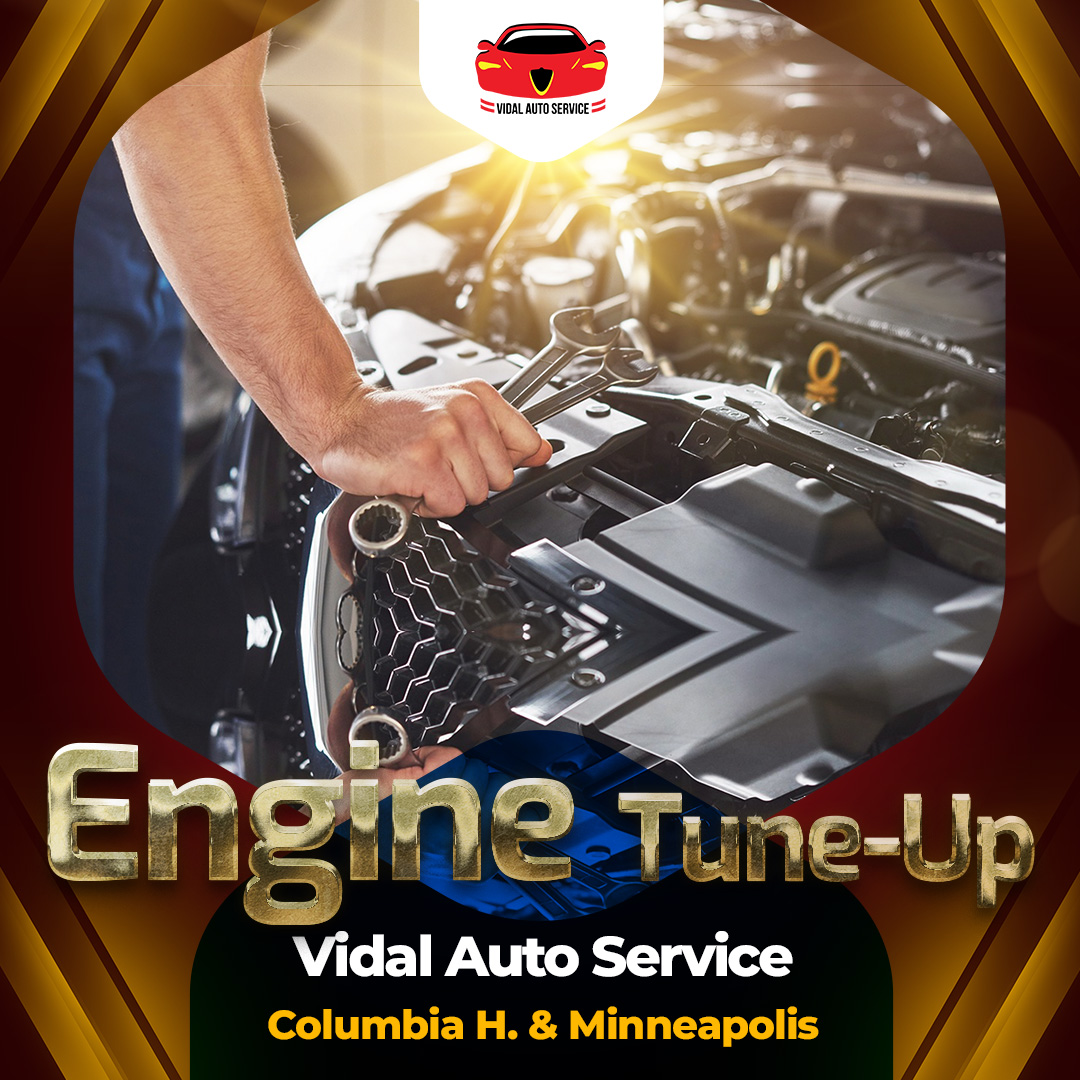

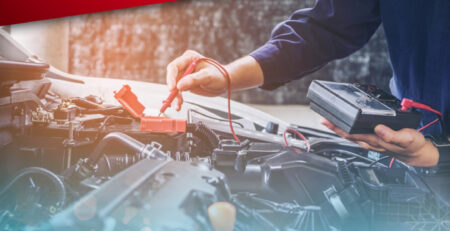


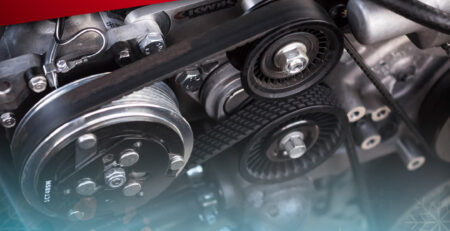


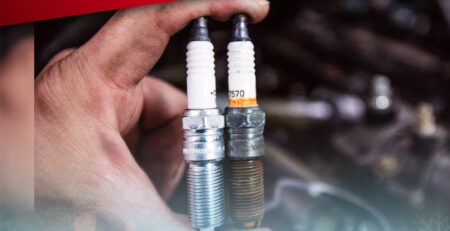
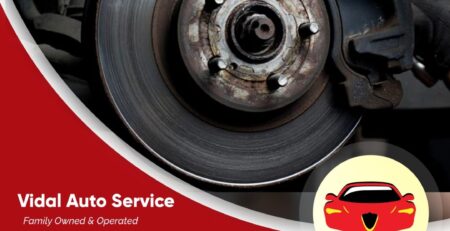


Leave a Reply